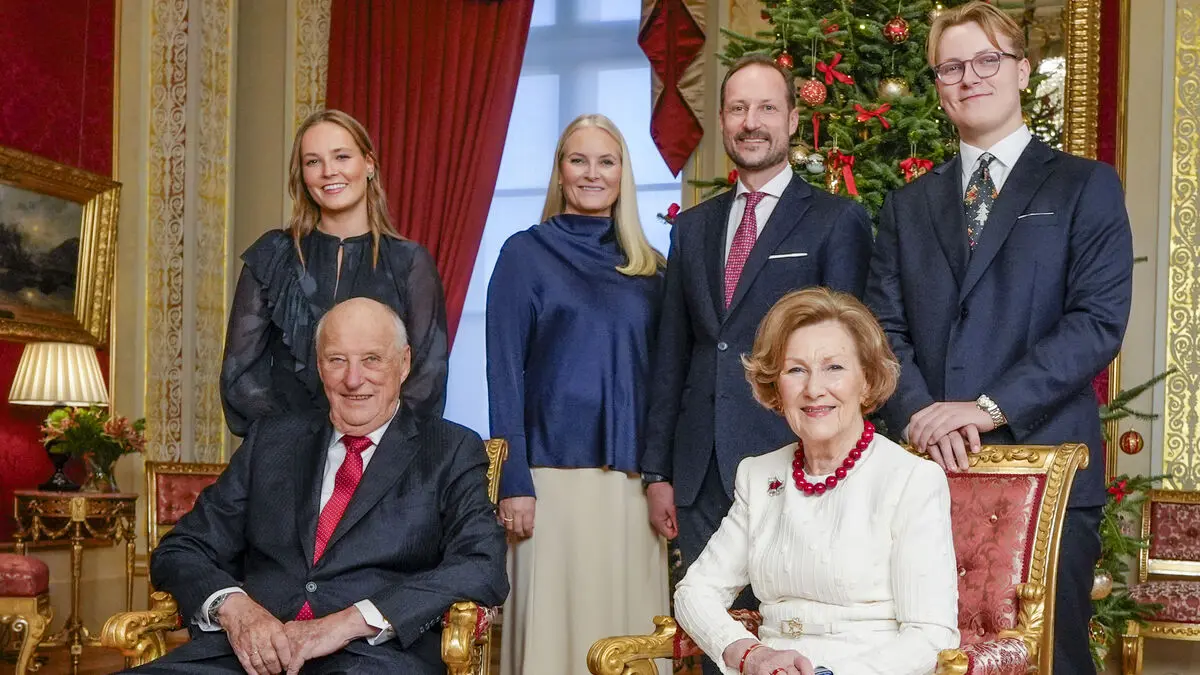Originally, the Sámi were skilled hunters, with both men and women engaging in hunting seals and inland wildlife to sustain their communities. Over time, their practices evolved into the herding of wild deer, which later became the reindeer husbandry for which the Sámi are renowned today. The reindeer are moved seasonally along their natural migratory routes, following patterns that have been respected for generations. This unique way of life, centered around the careful management of reindeer, is still protected under the Swedish constitution.
Sámi Parliament (Sametinget)
However, in the 1300s, the Sámi began to face the harsh realities of colonization. Their traditional way of life was disrupted as they were increasingly restricted from moving freely and managing their herds. Many Sámi were forcibly relocated from the North to southern parts of Sweden, and their children were placed in Swedish schools where speaking their native language was forbidden.
In 1993, the establishment of the Sámi Parliament, or Sametinget, marked a significant step toward recognizing and safeguarding Sámi rights. Functioning both as a governmental authority and a democratic body, Sametinget was created to protect the rights of the Sámi people, including their right to practice reindeer husbandry.
Sámi today
Today, the Sámi continue to fight for the preservation of their culture, language, and traditions. They face numerous challenges, particularly from both local and international companies that want to exploit the natural resources of Sápmi. Despite these ongoing threats, the Sámi remain steadfast in their commitment to defending their land and way of life.
Source: Institutet för språk och folkminnen, Samer.se






